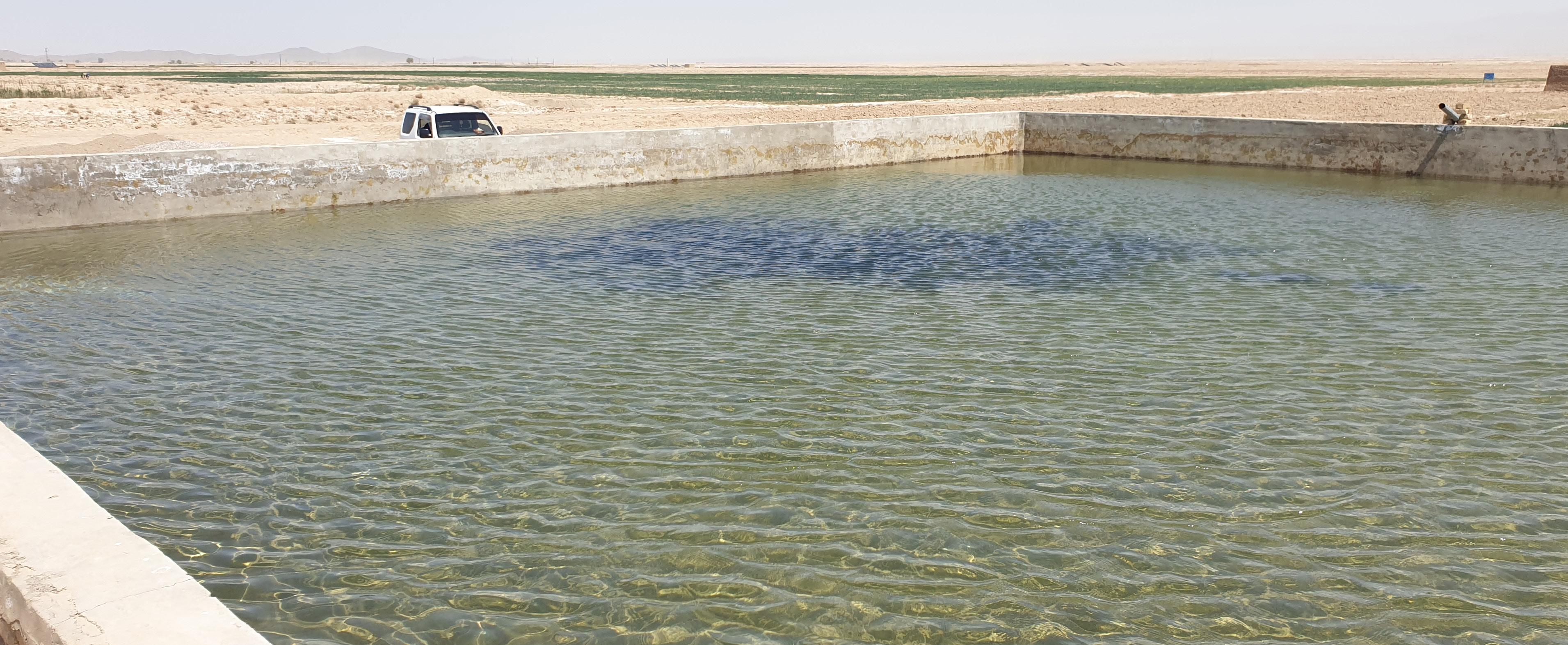
3 minute read
Food Production and Livelihood Impacts
As highlighted in the sisters’ story above, increasing irregularity of seasonal patterns gravely impacts crop development and thus the ability to engage in affordable subsistence farming. Indeed, one of the most significant impacts of changing seasonal patterns, spoken about in detail by many of those we interviewed, is the shift in crop and livestock production.
“The Kashmiri apple was very famous around the world but now we are having difficulty producing them and we are actually having to import apples now. It’s unbelievable!”
“We are raising chickens in our homes but the hens are not laying as frequently. Myself and the other women in my community are not getting as many eggs as we used to.”
“Due to damaged territory and land scarcity, we don’t have lands to carry out agricultural activities anymore. Before we had land to earn a livelihood on; we were self-sufficient and could grow crops and so on, but now we have to rely on the market for our food and deal with high prices from increasing inflation.”
“Our livestock are not as healthy as before. They don’t have space to graze properly, and so they are not producing as much milk and are catching diseases more frequently. If we lose our livestock we will suffer a major loss of livelihood.”
With crop and food productivity declining due to temperature changes, seasonal changes and extreme weather phenomena, there is a direct economic harm being inflicted upon community members. What crops, fruits and vegetables community members could once grow in their own gardens are now having to be purchased from the market, resulting in an increased economic burden and lower nutritional value.
This economic burden is not equally shared by all, however. While entire communities are impacted by the inability to continue engaging in subsistence farming, it is women and girls who experience the greatest of these impacts. As noted in the Elder’s testimony above, livestock and agricultural activities — including the collection of water — is traditionally the responsibility of women and girls, with families relying on these activities to earn a livelihood and provide for their children. In AJK, where many men are working abroad or in urban cash economies, and families are women-headed, it is critical that agricultural activities are successful to ensure the wellbeing and dignity of families and communities.
“I am a widowed mother to a child who is currently studying at university. I work in kitchen gardening (subsistence farming) but I often come to the more urban areas to try and get vocational training for more work.
Concerning the weather, there used to be four seasons that were predictable and timely, arriving at similar times every year. Now there are only two seasons: summer and winter. There’s no spring anymore — and because of this, the vegetables are being scorched early on due to the unexpected heat.
We used to grow green chilis, tomatoes, and ginger — but the roots become infested with worms because of the changes in rain. Flash heavy rains affect the germination process of our plants and overall fruit and vegetable production. We used to have an abundance of production before, but now we only have a few kilos. We had flourishing peach and guava plants in our garden before, but now they don’t come to fruition.
I used to rear buffalo before and was selling the milk they produced, however, my buffalo died because of the increased heat. Even before my buffalo died, its milk production had significantly decreased due to the heat and harsh weather. Previously, when the weather was more predictable and we had a proper season, I used to get 6kg of milk. With the changing weather, I am only getting 2 kg. This is a phenomenon that many other women are experiencing as well.
Other impacts of climate change are heavy rain which ruined grass and it was wasted. Grass is also hard to purchase because it costs a lot — and when it’s not the rain, it’s the heat, with grass burning when it gets so hot.
Because of the unpredictable and harsh weather conditions leading to low agricultural production, women have been diverted from traditional farming to other sectors.
15-20 years ago we used to grow vegetables without fertilizers — we could both use these vegetables for our own kitchens and sell them to the public — but now we don’t even have enough to get by for ourselves.
The heat, drought, and outof-season heavy rain ruin our crops; our fruits are infected with insects and destroyed by the weather. We have no choice left but to go to the market and buy food. But the vegetables from the market are full of chemicals - they have a bad impact on our children’s health and nutrition. We can’t even fulfill our own needs anymore.”
- WIDOWED MOTHER IN PATIKKA, AJK











